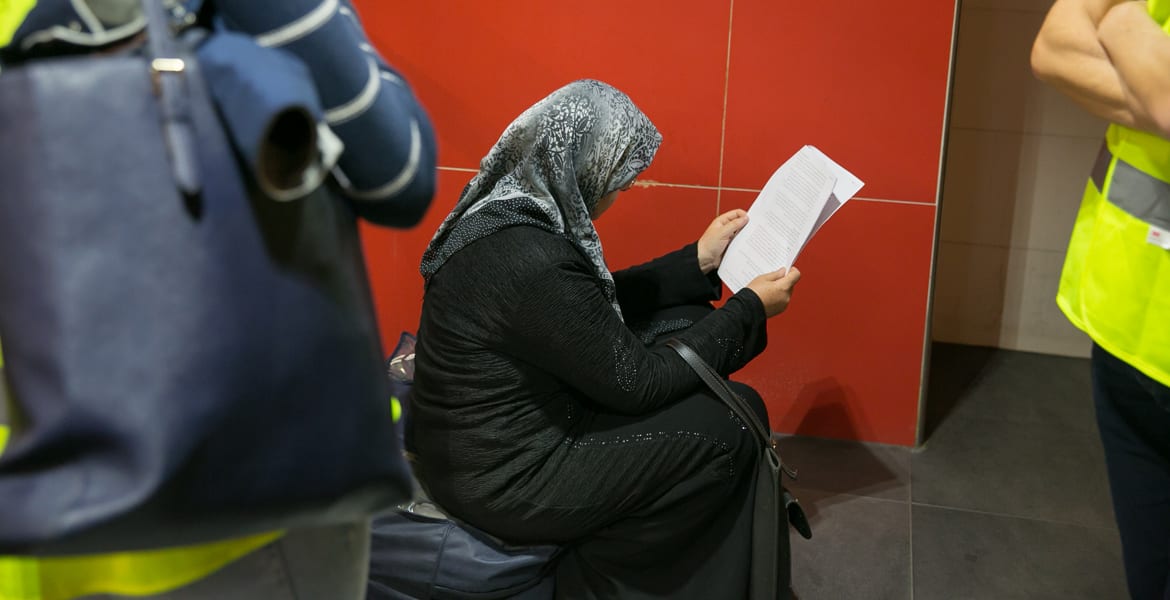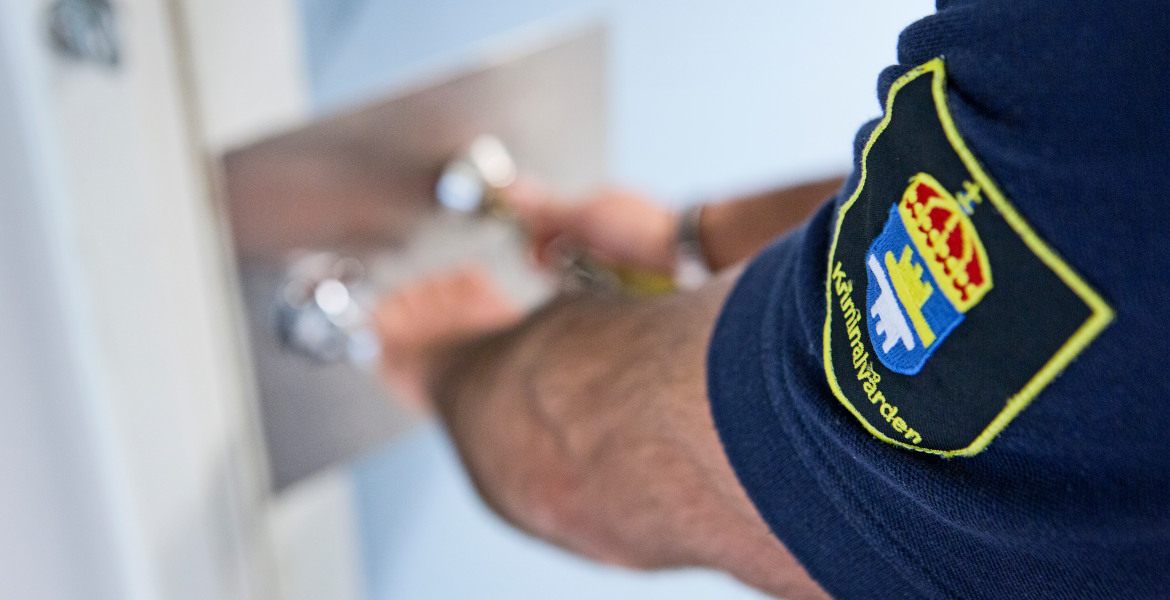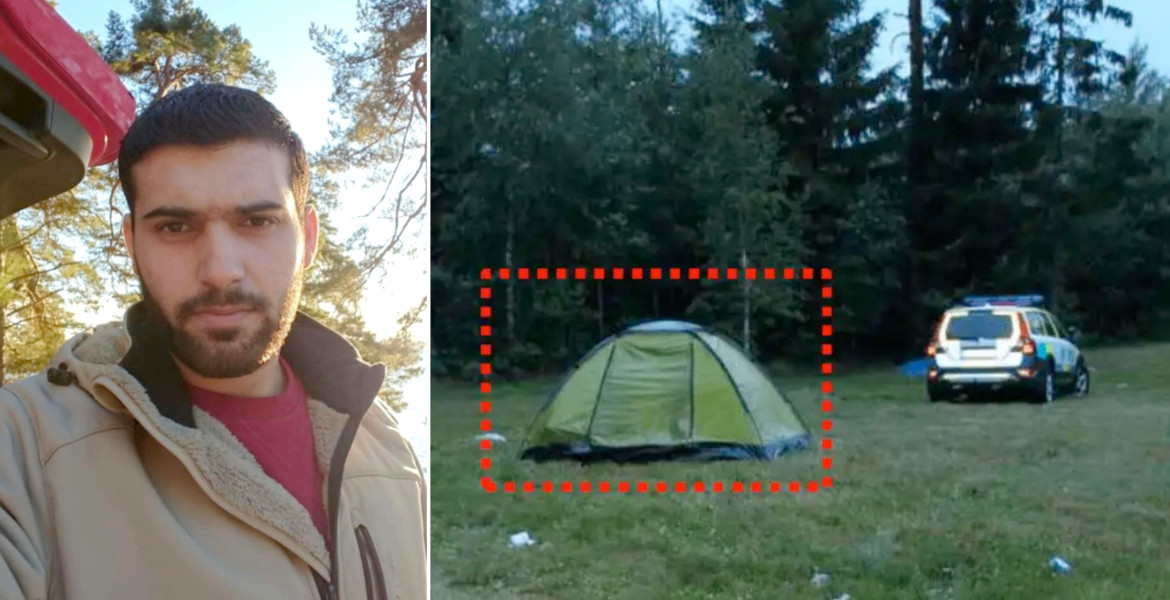Children and young people are increasingly falling victim to sexual abuse and extortion on the internet. Cyber investigators are calling for more education and adult presence as countermeasures – not bans on apps and games.
Innocent chat conversations in gaming environments and on social platforms are increasingly turning into sexual exploitation and extortion of children and adolescents, and Swedish police are seeing a clear increase in internet-related sexual crimes against young people.
Alexandra Lindgren, police assistant and cyber investigator within the unit for internet-related sexual abuse of children (Isöb) in Region East, believes that the solution does not lie in banning digital platforms. Instead, better education is needed.
— We need to talk with children and young people and really make them understand that they need to be critical about who they choose to talk to. Often there isn't that mindset to question things, she says.
Certain platforms recur in police investigations: Snapchat, WhatsApp, Discord and various gaming environments. What begins as a harmless conversation can quickly develop into something dangerous.
— Children lack consequential thinking. In certain apps, such as Snapchat, there are different points to earn by adding many new friends. Then you don't reflect on who is behind the usernames, says Lindgren.
"Feel bad and ashamed"
It's not only adults who commit the abuse – young people also victimize each other. In some cases, the young people themselves take the initiative, driven by a desire for expensive branded clothes or other status symbols. They send images in exchange for money or products, without understanding that the images can then be used for extortion.
Girls are the most common victim group, but boys are also subjected to abuse to a greater extent than statistics show. The dark figure is also significant because boys have a harder time talking about the abuse.
The most common crimes are exploitation of children for sexual posing and child pornography offenses. Research shows that victims often develop mental health issues, partly because the abuse lacks a clear end – the images can be spread further and the victims never know who has seen them.
— They often feel very bad and ashamed. They don't want mom and dad to find out. Some also get scolded when it comes out, which in my opinion is the wrong way to go. It's much better to talk and listen and support, says Alexandra Lindgren.
The police have been criticized for investigations taking too long. Lindgren confirms the problem and points to bottlenecks in digital analysis and dependence on external parties such as internet service providers.




